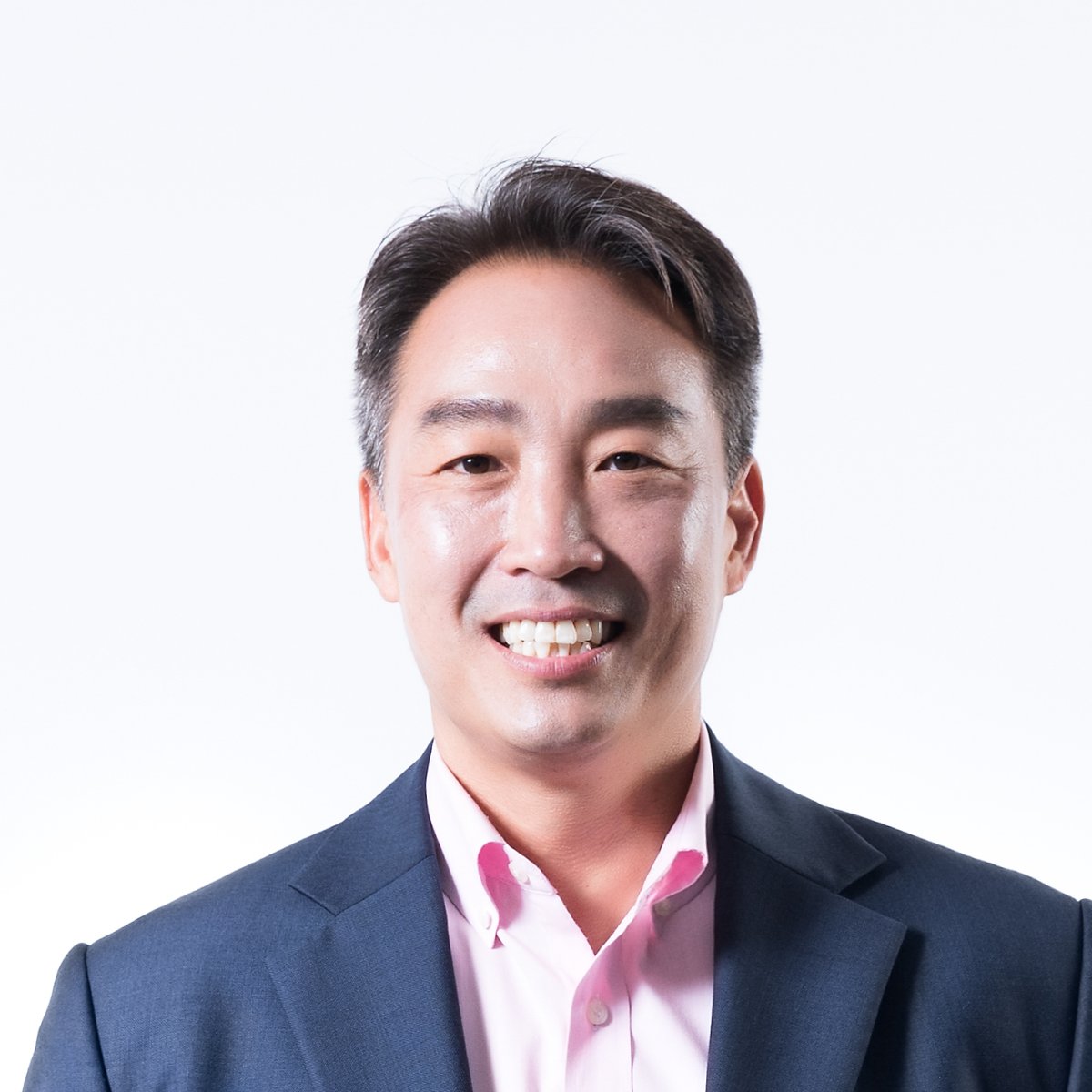Cray Colloquium: Geometry and Latent Representations in Machine Learning
The computer science colloquium takes place on Mondays from 11:15 a.m. - 12:15 p.m.
This week's talk is a part of the Cray Distinguished Speaker Series. This series was established in 1981 by an endowment from Cray Research and brings distinguished visitors to the Department of Computer Science & Engineering every year.
This week's speaker, Daniel D. Lee (Cornell Tech), will be giving a talk titled "Geometry and Latent Representations in Machine Learnings".
Abstract
The advent of deep neural networks has brought significant advancements in the development and deployment of novel AI technologies. Recent large-scale neural network architectures have shown significantly better performance for object classification, segmentation, scene understanding and multimodal representations. How can we understand how the representations of sensor input signals are transformed by deep neural networks? I will show how statistical insights can be gained by analyzing the high-dimensional geometrical structure of these representations as they are reformatted in neural network hierarchies.
Biography
Dr. Daniel D. Lee is the Tisch University Professor in Electrical and Computer Engineering at Cornell Tech and recently served as Global Head of AI for Samsung Research. He received his B.A. summa cum laude in Physics from Harvard University and his Ph.D. in Condensed Matter Physics from the Massachusetts Institute of Technology. He was also a researcher at Bell Labs in the Theoretical Physics and Biological Computation departments. He is a Fellow of the IEEE and AAAI and has received the NSF CAREER award and the Lindback award for distinguished teaching. He was also a fellow of the Hebrew University Institute of Advanced Studies in Jerusalem, an affiliate of the Korea Advanced Institute of Science and Technology, and organized the US-Japan National Academy of Engineering Frontiers of Engineering symposium and Neural Information Processing Systems (NeurIPS) conference. His group focuses on understanding general computational principles in biological systems and on applying that knowledge to build autonomous systems.
